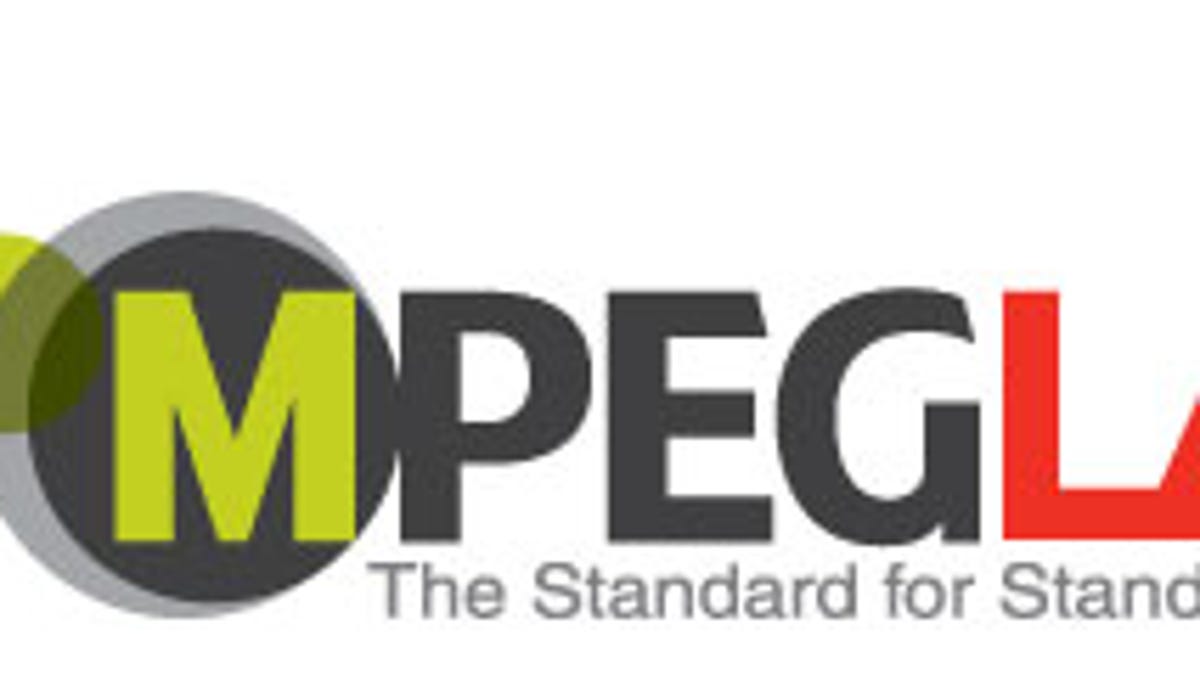Patent licensing terms still murky for next-gen video
Plenty of patents are involved in HEVC, the leading technology contender for compressing 4K video. Several big names still haven't signed up for an effort to ease licensing.

A patent licensing group has revealed many names of the corporate muscle behind an important next-generation video compression technology -- but the license itself remains elusive even as the technology arrives in the marketplace.
The technology, called HEVC (High Efficiency Video Coding) or H.265, is a codec used to encode and decode video for more economical storage and transmission across networks. It's designed to make a transition to 4K Ultra HD video more feasible on today's network connections.
HEVC/H.265 is the sequel to today's dominant technology, AVC/H.264 -- and it's at the heart of a competitive battle with a Google codec called VP9, another next-gen codec designed to deliver all those 4K video pixels.
An organization called MPEG LA licenses the H.264 and HEVC patents on behalf of patent holders -- a potentially important revenue stream that can help recoup research and development costs. On Thursday, it announced that 25 companies have agreed to license their HEVC-related patents through the patent pool mechanism MPEG LA has used for years.
Four of those wouldn't reveal their identities, but among the 21 that have agreed to participate in the HEVC/H.265 patent pool are Apple, Fraunhofer Institute, LG Electronics, Cisco, Thomson, Ericsson, and the BBC, according to the MPEG LA announcement (PDF).
The idea behind a patent pool is that a company wanting to use HEVC in a video camera or mobile phone processor could sign a single agreement that grants rights to all necessary patents. Patent pools can thus be convenient -- but it's not yet clear how comprehensive the HEVC pool will be.
Among the prominent AVC/H.264 licensors missing from the HEVC/H.265 list so far are Microsoft, Panasonic, Sony, Dolby Laboratories, Mitsubishi, Toshiba, Sharp, and Samsung. The more companies that don't join the MPEG LA effort, the more complicated it is to adopt HEVC. Microsoft, Mitsubishi, Panasonic, Sharp, Sony, Toshiba, and Dolby each had dozens of patents in the AVC/H.264 pool.
"We hope that those who have not yet agreed to support the license terms will do so at the next stage when final agreements are concluded," MPEG LA spokesman Tom O'Reilly. "In our history, many pool licenses have started with a critical mass of patent holders and grown substantially to include many more following launch."
MPEG LA plans to release final license terms in early 2014. Time is of the essence, since chipmakers announced plans for high-volume shipments this year.
Under the planned license terms, no license will be required to distribute content -- a big departure from H.264, which required payments for things like Blu-ray discs or for online video that a viewer had to pay for.
But those who make hardware and software -- mobile phone chips and operating systems, for example -- have to pay. The first 100,000 units per year are free, then the price is 20 cents per unit after that up to a cap of $25 million per year, MPEG LA said. The cap could change as the number of covered patents increases over the years, something that happened with other MPEG LA patents, but in later years maximum payment level often decreases as patents expire.
In contrast to the patent-fraught world of HEVC, Google wants the world to embrace a video codec that's free of royalty payments, encouraging people to use digital video as easily as they do digital photos today. Royalty-free videos could lead to more video on the Net, and Google knows from years of experience that more activity on the Web leads to more advertising revenue.
Google tried with an earlier codec, VP8, but that effort mostly faltered. Mozilla, a major VP8 ally, was displeased when Google abandoned a promise to drop H.264 support from Google Chrome, and now it's both allied with Cisco for H.264 support and begun work on a codec of its own called Daala.
But even Google's royalty-free utopia isn't truly free of patent concerns.
MPEG LA and Google partly resolved a tangle over VP8 patents, but not all intellectual-property clouds have been dispelled. Nokia declined to join the VP8 accommodation between Google and the MPEG LA.
Updated at 12:39 p.m. PT with some details of the expected license payment terms.

